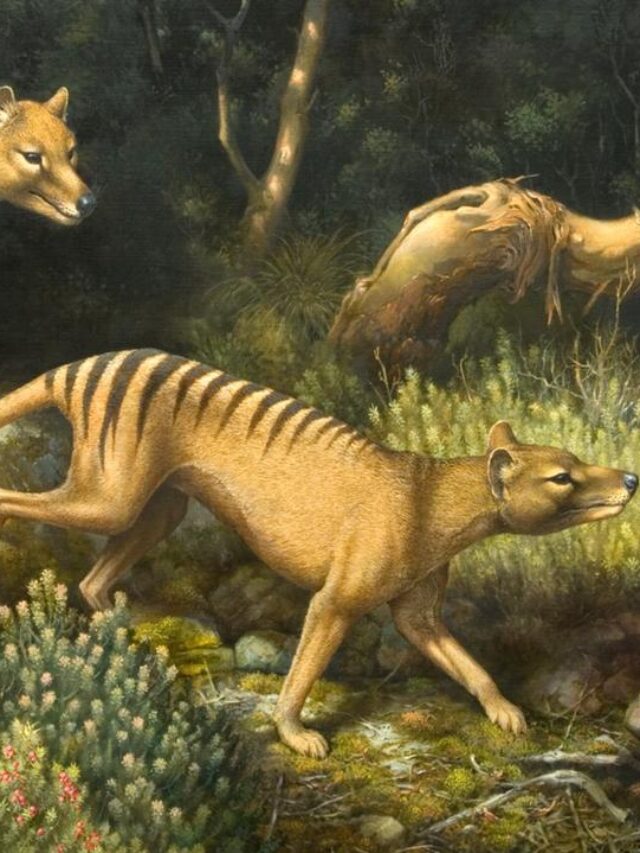Explore the fascinating history of how farming was started and its evolution over time. Learn about the origins, practices, and significant milestones in the world of agriculture.
Introduction
Farming, the backbone of human civilization, is a story that spans thousands of years and multiple civilizations. It has evolved from primitive methods to the sophisticated agricultural practices we see today. In this article, we will delve into the intriguing history of how farming was started, tracing its origins and development over time.
Let’s sow the seeds of knowledge about the roots of agriculture.
Unearthing the Past
How Farming Was Started
The story of farming’s inception begins with early human communities transitioning from a nomadic lifestyle to a settled one. The development of agriculture was driven by a need for a stable food supply. People realized that cultivating their own crops was more reliable than foraging for food.
Farming began in different parts of the world independently. The Fertile Crescent, a region in the Middle East, is often regarded as one of the cradles of agriculture. Here, ancient peoples learned to domesticate plants and animals, marking the first steps toward organized farming.
The Neolithic Revolution
Around 10,000 years ago, a transformative period known as the Neolithic Revolution took place. During this era, humans began to cultivate crops like wheat, barley, and legumes. They also domesticated animals, including cattle and sheep. This shift from a nomadic lifestyle to a sedentary one had a profound impact on human societies.
Milestones in Agricultural History
Invention of Plow
The development of the plow was a game-changer. It made tilling the land more efficient and allowed for the cultivation of larger areas. The plow significantly increased agricultural productivity.
Crop Rotation
Ancient farming communities soon realized the importance of crop rotation. This practice involved planting different crops in the same field in successive seasons, helping to maintain soil fertility and prevent depletion.
Irrigation Systems
Civilizations such as the Egyptians and Mesopotamians engineered complex irrigation systems to control water flow for farming. This innovation allowed them to harness the power of rivers and grow crops in arid regions.
Spread of Agricultural Knowledge
As civilizations expanded and traded with one another, agricultural knowledge began to spread. This exchange of farming techniques and crops between regions led to further advancements in agriculture.
FAQs
Q: When and where did the first instance of farming occur?
A: The first instances of farming can be traced back to the Fertile Crescent, around 10,000 years ago.
Q: What is the significance of the Neolithic Revolution in the history of farming?
A: The Neolithic Revolution marked the transition from a nomadic to a settled lifestyle and the cultivation of crops and domestication of animals.
Q: How did the plow revolutionize farming practices?
A: The plow made tilling the land more efficient and significantly increased agricultural productivity.
Q: What role did irrigation systems play in ancient agriculture?
A: Irrigation systems, such as those used by the Egyptians and Mesopotamians, allowed for controlled water flow and cultivation in arid regions.
Q: How did the exchange of agricultural knowledge impact the development of farming?
A: The exchange of farming techniques and crops between civilizations led to further advancements in agriculture.
Q: Can you tell me more about crop rotation and its importance?
A: Crop rotation involved planting different crops in the same field in successive seasons, helping maintain soil fertility and prevent depletion.
The Modern Agricultural Landscape
Today, farming has come a long way from its humble beginnings. With technological advancements, genetically modified crops, and sustainable farming practices, it continues to evolve. Agriculture plays a crucial role in feeding the global population, and its significance cannot be overstated.
In conclusion, the history of how farming was started is a testament to human ingenuity and adaptability. From the first seeds sown in the Fertile Crescent to the highly mechanized farms of the present, agriculture has been a driving force behind the progress of human civilization.















